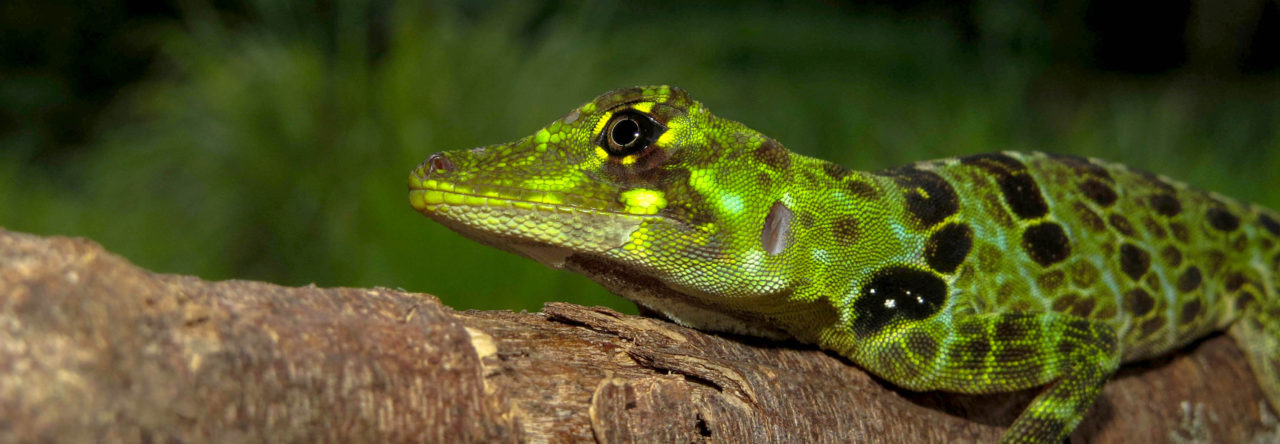In a recent AA exchange, it was noted that Ernest Williams’ last publication appeared 11 years after his death. Anthony Geneva wondered “how far one could take posthumous co-authorship. What’s stopping me from including Darwin as a co-author on my next manuscript?”
Indeed, just what are the rules? Are you comfortable with the idea that a paper may be published in the future and the deceased you listed as a co-author, without the opportunity to agree to be a coauthor, much less comment on or contribute to its content? What’s to keep someone just from tacking on the names of prominent figures in a bid to make a paper more publishable or to gain more attention?
In this case, the paper, Poe et al. (2009), made clear their rationale: “Williams and Miyata are deceased and are included as coauthors for the following contributions. Poe was able to diagnose each species and identify MCZ specimens on the basis of Williams’ unpublished notes, which clearly were influenced by Miyata’s work on the second species described herein. Additionally, Williams is responsible for Figure 6. Subsequent to submission of this manuscript, the editor provided Poe with a chapter of Miyata’s Ph.D. thesis, never published, describing the second of the two species described herein. Poe incorporated information from this manuscript into the diagnosis of this species.”
(full disclosure: I am the editor who worked with Poe to craft this arrangement)
Does anyone know of any discussion of how these situations should be handled? Do any journals have rules about it?
- Evolution in Real Time on Lizard Island - March 23, 2025
- Spider Snags Adult Anolis osa - March 22, 2025
- An Homage to the Green Anoles of New Orleans - March 21, 2025


J James
Ethically, a deceased person who makes a significant but unpublished contribution to a work should be listed as co-author, with a footnote reporting date of death and any other matter of significance. (I’m still looking for Darwin’s missing notes of 1835 😉 If the work has already been published elsewhere, it should be referenced by citation only. Protocols of an author’s opportunity to review and provide consent to the contribution are more problematic; ownership issues, however, are often resolved institutionally or by funding agent (e.g., employment contract or grant agreement).
Jim Mallet
I don’t agree with this idea that papers including unpublished data obtained by someone now dead should always have the deceased as an author.
Various of us (Laurence Cook, Bruce Grant, Ilik Saccheri and myself) are currently engaged in writing up a paper entitled “Selective bird predation on the peppered moth. The last experiment of Michael Majerus”. The experiment was his, and he died suddenly before publishing the results. But the data analysis, write-up and everything is ours. Majerus has had no hand writing the paper. We, on the other hand, had no hand in designing or carrying out the experiment.
We prefer to be explicit as to who wrote the paper, and who obtained the data. We do this in the paper. I don’t think anyone can claim we were in some way claiming his data for our own, and nor do I think the attribution of the various responsibilities is in any doubt.
On a more practical note, most journals these days require electronic submission of authors names and email addresses. Fake email addresses are rejected, and the authors are all usually required to reply to accept their wishes to be an author on the paper. In an earlier version of the paper, we had Majerus as the last author, and we needed to give Majerus one of our email addresses, so that “he” could make this reply before the submission was accepted for review. Receiving the email “Dear Dr. Majerus…” was rather eerie.
Overall, my conclusion about this, having been through it myself, is that each case should be decided on its own merits. I don’t think there’s any obvious general prescription.
As a reviewer, I’d definitely reject any paper with Darwin on as a co-author, on the grounds that it’s quite clear that he had no say in how the data was published (even if it was his).
Bob Henderson
Although Bob Powell is very much “alive”, based on his input to our collaborative efforts it’s very much like working with a deceased co-author. Nevertheless, I would never hesitate to include his name under the title.
J James
Good points all. I concur with Jim: ethical considerations do not require that “unpublished data obtained by someone now dead should always have the deceased as an author.”
I do think ethics require that “significant but unpublished work” be given proper author attribution. It appears Jim’s group made a subjective judgment as to the significance of the contribution and strived to award credit for the contributing experiment in the body. Fair enough.
The devil, of course, is in the subjective application of the definitions. I suppose for the sake of logical consistency one might simply ask: “If the contributor were still alive, would attribution as an author have been reasonably expected?”
As to the missing Darwin papers ;-), if found and published (a given regardless of scientific significance, eh?) should they not be published with author attribution? If an investigator significantly (that word again) built upon the content prior to publication, why not take credit? Leave it to the reader (or publisher) to discern motive and contribution?
A little off-topic, but Mark Twain didn’t authorize publication of his autobigraphy until 100 years after his death. (There was no co-author.)